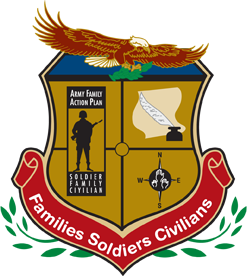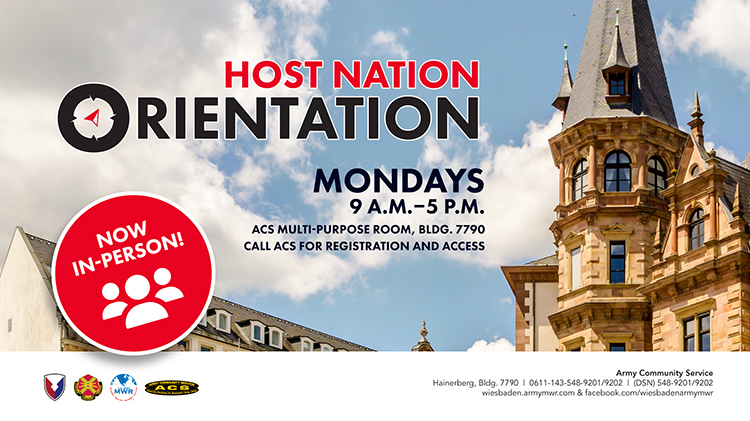- How does AFAP work?
-
AFAP delegates: The most powerful volunteers in the military
Army community members identify and submit issues with suggested recommendations that are important to their well-being and quality of life.
Local installations host their annual AFAP conference, where roughly 90 percent of the issues are retained and worked there, resulting in many community improvements.
Delegates provide creative, low-cost and high pay off solutions to the issues they consider most important.
Issues that apply beyond the local level are forwarded to the mid-level conferences and then possibly the Department of the Army conference.
Prioritized Issues are brought to resolution by a board of Army staff general officers and senior executive service representatives. They review the progress of AFAP issues on a semi-annual basis and make the final determination on the status of all issues.
For more information visit the Army Family Web Portal.
- Proof that AFAP works
-
Your voice is the Army's future
Local Issue Resolutions:
- Additional newcomers tours offered through the ACS Relocation Program
- Housing playgrounds updated to meet both U.S. and host nation safety regulations
- Dog exercise area
- Additional crosswalk on Florida Strasse by sports field
- 1st Termers Finance Class incorporated into the in-processing schedule
Army-Wide Issue Resolutions:
- Ninety Day Stabilization upon Redeployment
- Military Savings Plan (Thrift Savings Plan) Implemented
- Family Separation Allowance Increased from $75 to $250
- BOSS (Better Opportunity for Single Soldiers)
- www.tutor.com (free for military families)
Each success story originated as an idea that someone decided to pursue at the local level.
- Getting involved
-
Want to be a part of the next AFAP Conference?
Applications are available by emailing ACS. Training is given for all positions within the AFAP Conference.
Conference Positions:
- Delegates: The backbone of the conference, these decision makers serve as representatives of the Army Family, while expressing ideas and recommending solutions for issues they identify as critical. Must work well with diverse groups and be a team player.
- Facilitator: Serves as the neutral steward of the group. Directs the activity of the group to stimulate discussion while helping the group to reach consensus. Should be an optimist who works well with diverse groups.
- Recorder/Transcriber: Captures basic ideas on paper in full view of the group.
- Basically serves as the group memory. Must also remain neutral while supporting the Facilitator and the administrative staff. Should possess good listening skills.
- Issue Support: Helps the work group with ideas and suggestions for issue clarity. Armed with historical and current issue status, they ensure that the current workgroup issues are not being duplicated with previously submitted issues.

The Army Family Action Plan is the mechanism for making positive changes to the way the Army operates programs, provides services and sets policies impacting the overall quality of life in the military.
Click here for the AFAP Submission form.
Click here for this year's conference details.

